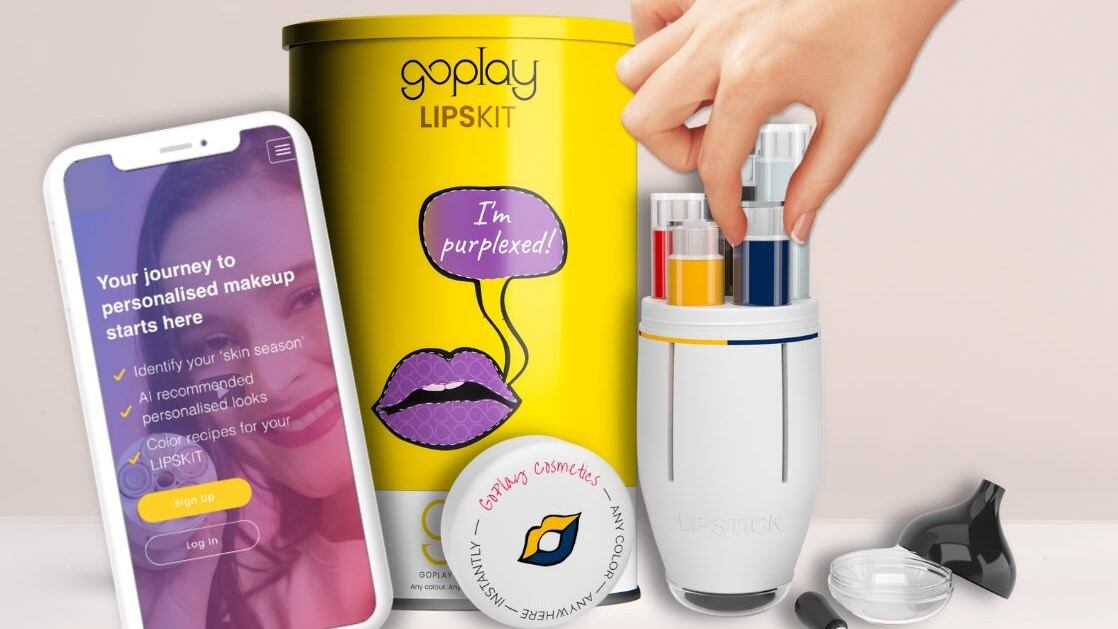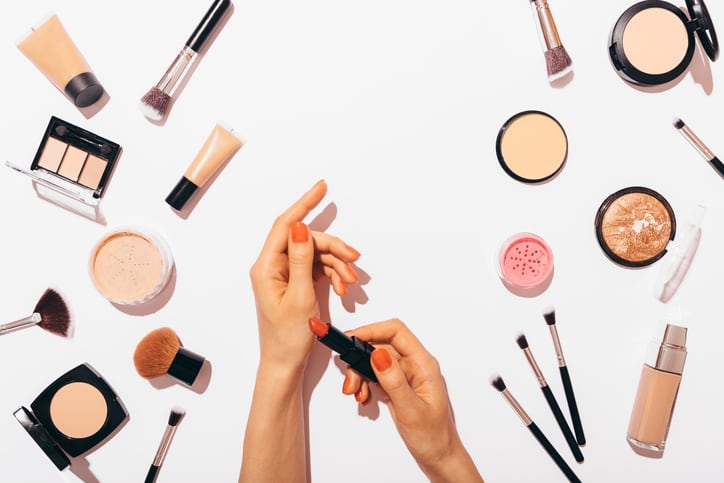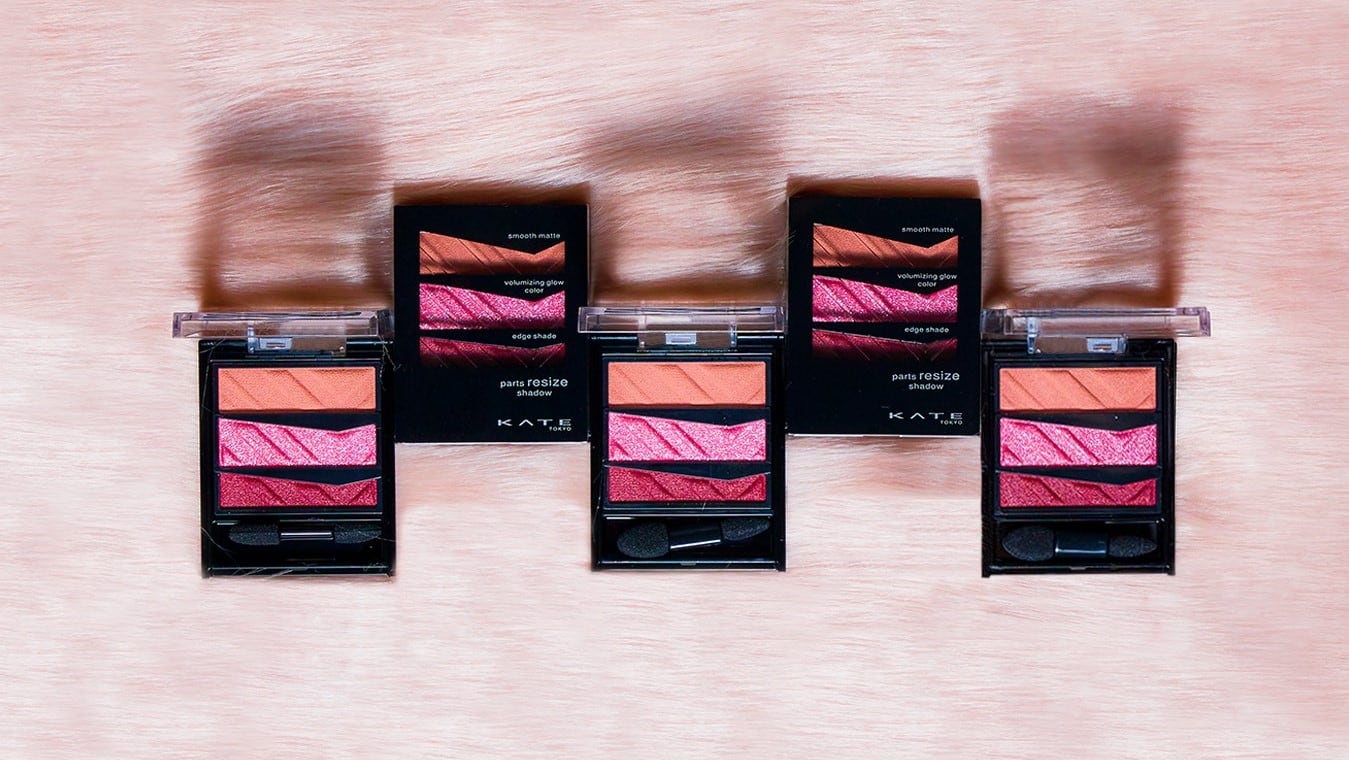Mercari is a Japanese firm behind a marketplace app that allows users to buy and sell used items. In February 2020, the firm announced a business alliance with istyle, the operator of @cosme, to link product data between the two platforms.
The joint investigation tapped into the @cosme membership database and reached out to 13,800 women aged 15 to 69 via a web survey.
More than half (53.6%) of the respondents reported utilising second-hand marketplaces such as Mercari, Rakuman and Yahoo! Auction. Among this group, 53.8% said that they had purchased cosmetics on the second-hand marketplaces.
According to Mercari, the number of cosmetic transactions on its platform have increased approximately 12.4 times over the seven years from 2014 to 2020.
The e-commerce company recently announced that since launching in 2013, the total monthly active users (MAU) for the Mercari marketplace app exceeded 20 million users in September.
Pre-loved beauty
Cheaper prices were the main draw of purchasing cosmetics on second-hand marketplaces, with 65.6% stating so.
On the other hand, 56.6% of consumers said it was for the sake of testing and trying the product first before deciding to purchase the product from primary channels.
When probed about why they choose ‘trial buy’ on second-hand marketplaces, respondents said it saved them the trouble or going to the store to obtain a sample and relieved them of the pressure to make a purchase in-sore.
According to the survey, 75.4% said reported that they have made repeat purchases through the primary channels after making the first purchase on second-hand marketplaces.
Researchers speculated that this new behaviour could have a positive impact on the primary cosmetics retailers.
“As a result of the analysis, it was found that the size of the secondary market has reached JPY155.5bn, and that the secondary market does not replace the primary market, but rather, has a consumption stimulating effect of JPY20.5bn,” commented Shinichi Yamaguchi, associate professor, Centre for Global Communications, International University of Japan.
Yamaguchi has previous experience working with the Mercari Research Institute to study the use of flea market apps and their effect on the consumption of new products.
Testing still important
Despite the disruption to in-store testing practices because of COVID-19, sampling cosmetics in person is still an extremely important step of the purchase decision process.
The survey showed that 90% of respondents have experienced regret after purchasing a cosmetic product they did not try in advance.
In absence of testers, 90.6% of respondents said they have experienced hesitation to purchase.
However, more than half of respondents also noted that because of the COVID-19 pandemic, they are still wary about the hygiene and safety of in-store testers.
Yamaguchi said this would bolster the importance of second-hand marketplaces as a source of samples and testers.
“With COVID-19 still rampant, it is no longer possible to try samples and testers at stores. It is presumed that the importance of second-hand marketplaces, which allows for cheap trial purchases by mail order, is increasing.”
However, there are still certain elements that are prohibiting some consumers from adopting this practice.
According to respondents that have not purchased cosmetic products from second-hand marketplaces, they noted that hygiene and doubt of product authenticity were the main reasons stopping them.





